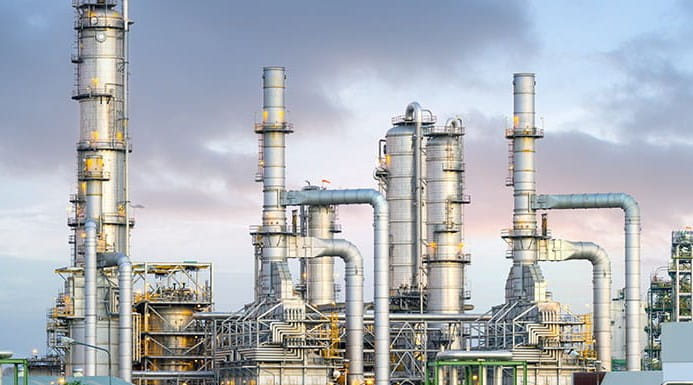The European Commission (EC) has unveiled its Green Deal Industrial Plan in response to the US government’s Inflation Reduction Act (IRA), easing state aid rules to help Europe compete as a manufacturing hub for green investment and in a bid to ward off an exodus of companies from the EU to the US.
Although supportive of the US plan to boost investment in clean technologies in order to reach its net-zero goals, Brussels is concerned that US subsidies will put companies in Europe at a disadvantage.
Announcing its plan, the EC released a statement saying that relaxing its state aid restrictions would ‘enhance the competitiveness of Europe’s net-zero industry and support the fast transition to climate neutrality. The Commission will also protect the single market from unfair trade in the clean-tech sector and will use its instruments to ensure that foreign subsidies do not distort competition in the single market, also in the clean-tech sector.’
The Plan is based on four pillars: simplifying regulations; speeding up access to finance; skills development; and open trade to provide a ‘more supportive environment’ to boost the EU’s manufacturing capacity for the green transition to meet its climate targets. Brussels wants Europe to be the first climate-neutral continent by 2050, and to cut its emissions by at least 55% by 2030.
Ursula von der Leyen, President of the European Commission, says: “We have a once-in-a-generation opportunity to show the way with speed, ambition and a sense of purpose to secure the EU’s industrial lead in the fast-growing net-zero technology sector.
“Europe is determined to lead the clean-tech revolution. For our companies and people, it means turning skills into quality jobs and innovation into mass production, thanks to a simpler and faster framework. Better access to finance will allow our key clean-tech industries to scale up quickly.”
The Commission plans to simplify the rules via a Net-Zero Industry Act, to enable quicker approval of projects as well as developing rules to scale up technologies across the single market. Brussels will also speed up access to investment and financing for clean-tech production in Europe, saying: “Public financing … can unlock the huge amounts of private financing required for the green transition.”
The Commission plans to “guarantee a level playing field within the single market”, but there are concerns that richer member states will benefit more than the poorer ones. To avoid internal wrangling, the Commission will look at easing the use of existing EU funds to invest in clean tech, as well as exploring other financing at EU level to support investments in the manufacture of net-zero technologies.
President von der Leyen first announced the European Green Deal Industrial Plan at the World Economic Forum in Davos in January 2023.
The green initiatives by the US and the EU put the UK in a difficult position. Business investment in the UK has been struggling, with the latest official data showing that business investment fell by 2.5% from July to Sept 2022, revised down from the provisional estimate of negative 0.5%.
Simon Gray, Head of Business, ICAEW, says: “To ensure the UK economy remains competitive on the international stage, it’s important we cultivate an environment where businesses can and are motivated to invest. This necessitates a long-term strategy with clarity and simplicity centre stage.
“The UK is at the cutting edge when it comes to technology and specifically green energy,” Gray adds, “with ESG a key focus for businesses, both large and small. This focus is driven through supply chains by customer expectations and the regulatory environment, and motivated by energy security and demand reduction considerations.
“ICAEW’s recent Business Confidence Monitor highlighted access to capital as an ongoing challenge for businesses. Against the backdrop of an extremely challenging and uncertain economic environment, a squeeze on cash reserves and an increase in the cost of borrowing, many businesses have adopted a ‘wait and see’ approach to investment.”



